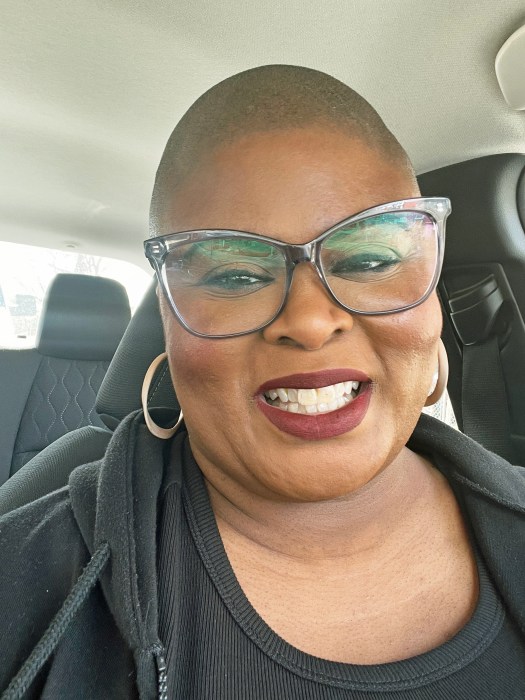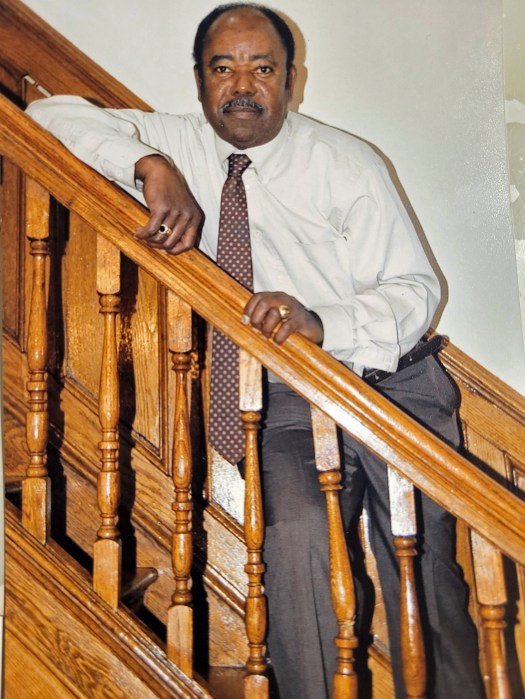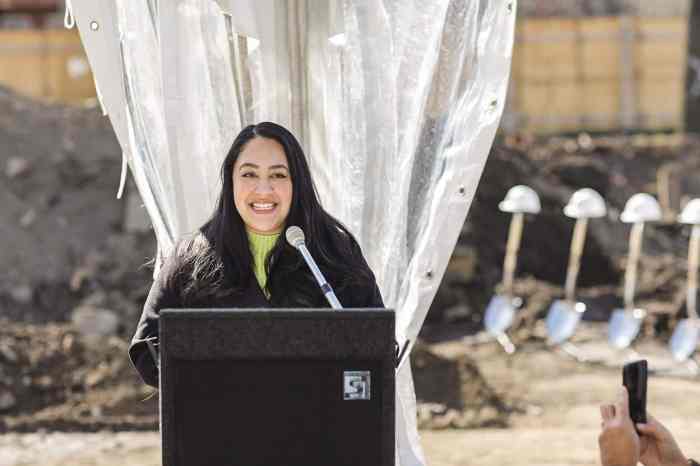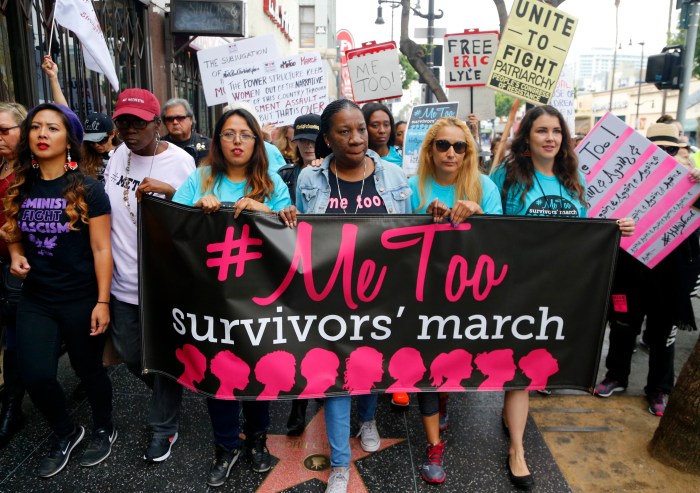While the words of our national anthem suggest equality for all, this notion should not be confused with the spurious idea that one has the right to do whatever one pleases or prefers regardless of its moral and ethical offensiveness to a large cross-section of society, or the bitter consequences of violating the norms of nature, and, ultimately, to exhibit behaviour that is an affront to and rebellion against God’s creative order.
The postmodern thinker, the secular humanist, the new-age philosopher, the atheist, etc., may all immediately raise a red flag here at my reference to God, but that is the sad mistake that so many are making. Truth cannot be suddenly discovered in a bag or some esoteric emotional feeling; if it is truth at all, it must be first ontological (from the foundation of what is “really real”) before it is epistemological (what is known or believed).
Thus policies or precepts governing human life must be rooted in objective reality, which cannot get more fundamental than God as the architect or designer of morality. The question of equality cannot be divorced from moral or ethical standards already established by the one Being who only can do so—God, our Creator—or simply an ultimate appeal to theology.
This brings us to the present gay debate. One cannot speak of “failure to admit sexual orientation as a ground of discrimination” as causing Trinidad & and Tobago to lag “behind the rest of the progressive world” (to quote a newspaper columnist), when such sexual orientation was never a choice allowed for by our original design.
The male and female genitals were designed mainly for procreation. That is the means by which all of us, living or dead, came into this world. Sexual satisfaction was never meant to be the ultimate purpose, and a pivot on which legal policy must be based. This was to be a private, fringe benefit to the married heterosexual.
A columnist last week brushed off the reference by a minister (granted his reference was not accurately cited) to the book of Leviticus; that column advocated that “policy arguments in a multi-religious society cannot be based on theology”—a red herring indeed if there ever was one.
Whether we are in a multi-religious or mono-religious society, wouldn’t policy for the progress of a people have to do with what is right or wrong? Who determines that? Is the rightness or wrongness created merely by government policy, or is there a more fundamental source from which this determination is realised? Pluralism and humanism certainly cannot provide objective truth, a basic tenet of law.
The minister was trying to refer to the Levitical code of law, the root of most of the civil laws of our Westminster and American legal systems.
The exact section is Leviticus Chapter 18 and verse 22: “You shall not lie with a male as with a woman. It is abomination.” The verse comes just before the prohibition on bestiality (18:23). That entire discourse finishes with the revelation that these sins and others were responsible for the land vomiting out its inhabitants—small wonder why our murder rate is so high.
On what grounds really should a government consider “spouses of the same gender in allowing the next of kin of a Statutory Authorities public servant the benefit of one month’s salary, in the event of the public servant’s death”? (Diana Mahabir-Wyatt, Sunday Express, Feb. 20). Much caution is needed here, for so-called “human rights” is a very multifaceted and often extremely subjective issue.
Thus, it’s a very dangerous position to hold that “People should have the same rights under the law” (Diana Mahabir-Wyatt, Sunday Express, Feb. 20). How far can one stretch human rights? Is it until every base desire of each citizen is fulfilled?
This talk of “the most egregious example of official backwardness” on the part of this country’s Equal Opportunities Act in not allowing “discrimination on the basis of sexual orientation” (a columnist) is another proverbial red herring. Every human being has the right to life, shelter, food, and a means of livelihood, among other things, regardless of his or her emotional orientation; indeed no human being should be denied these privileges. But no human being has the right to violate God’s creative order, design and purpose, and then call for special equality considerations under the law in a moral and ethics-based human society.
Many people in this postmodern era are quick to dismiss appeals to God in moral issues as archaic, not realising that as soon as you do that you are left only with human subjectivity, radical religious pluralism, myriad human rights demands, so-called liberalisation and a downward spiralling in the quality of life.
Gay rights are really a postmodern phenomenon, a fallout of the modernist movement in which it was anticipated that the great findings of Einstein, Darwin, science, mathematics, technology and reason would provide all the answers to the world’s problems.
The disappointing reality has been that there is now a higher proportion of dysfunctional families, more murders and bloodshed, a more polluted environment from the very advanced technology; everything has grown worse.
It is against this background of failure, sheer frustration, despondency and despair, that this contemporary generation now views the world. Many have concluded, therefore, that there is no reality, and thus commit “the sin that believes in nothing, cares for nothing, seeks to know nothing, interferes with nothing, enjoys nothing, hates nothing, finds purpose in nothing, lives for nothing …” (Charles Colson); thus each person’s opinion must be respected; we are all right in our own eyes.
What law can be formulated to handle this social and psychological fiasco? God help us indeed.
Apostle Duncan is the senior pastor of the Divine Encounter Fellowship Ministries International based in D’Abadie, Trinidad.

























